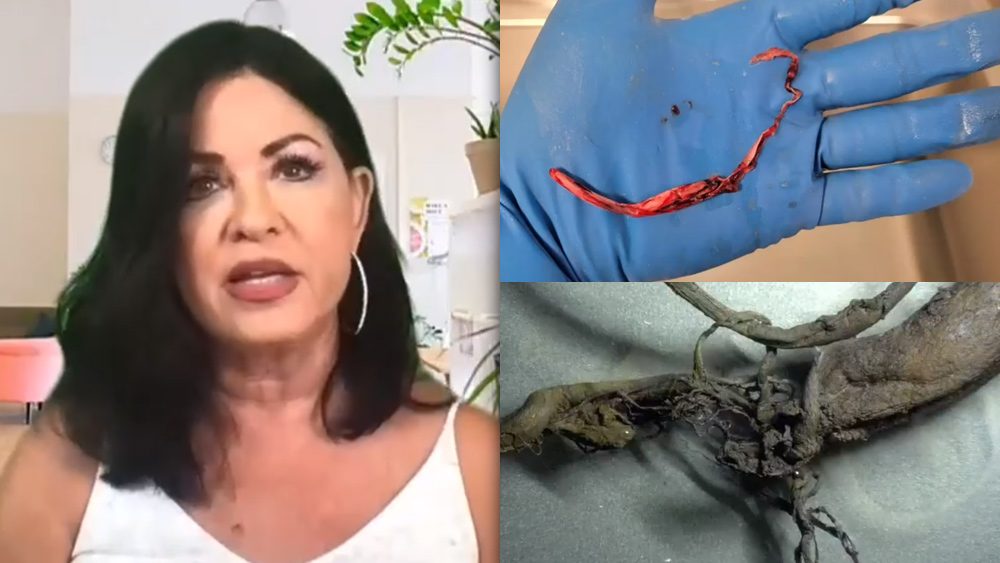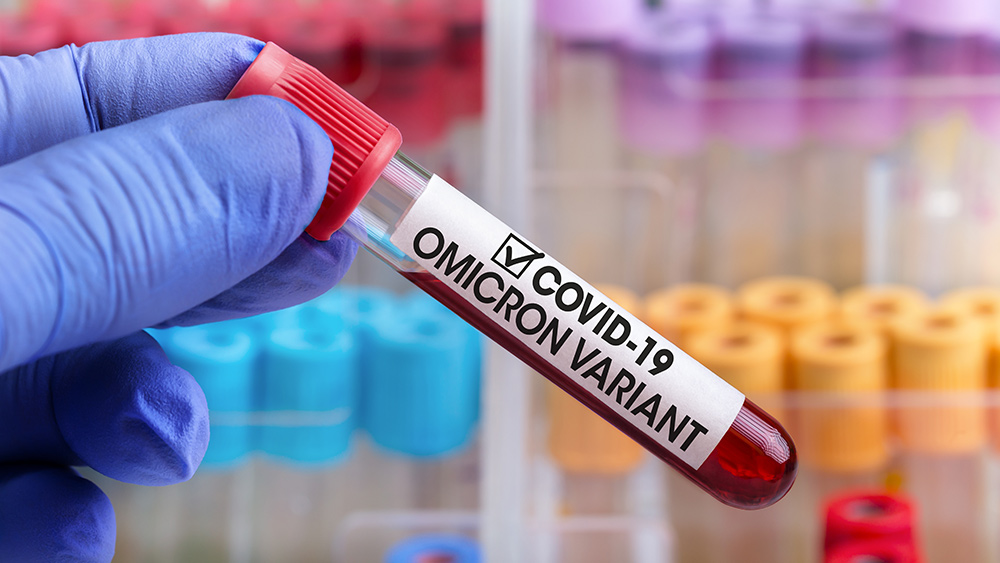Gut microbiota may affect the anti-cancer activity of this oriental herb against colorectal cancer
10/11/2021 / By Franz Walker

Oplopanax elatus, commonly known as nakai, is an herb native to northern China that is known for its anti-cancer effects, especially against colorectal cancer (CRC). But questions remain on whether or not the human gut microbiota interferes with nakai’s anti-CRC effects.
To address this, a team of researchers from China’s National Clinical Research Center for Geriatric Disorders and the Hunan University of Chinese Medicine investigated whether or not the human gut microbiota affects nakai’s activity against CRC.
The team published their findings in the American Journal of Chinese Medicine.
Testing the effects of human gut microbiota on O. elatus polyynes
The polyyne-enriched fraction of O. elatus (PEFO) has been shown to have anti-CRC effects. That said, there has been the question of whether other concomitant components of O. elatus – which are inevitably transformed by gut microbiota after oral administration – might interfere with the pharmacodynamics of polyynes.
Finding out if the gut microbiota does affect the anti-CRC effects of molecules from O. elatus is important. Doing so allows doctors and scientists to better understand how to better use the herb in the treatment of CRC.
To test this, the researchers analyzed both compounds in the PEFO as well as PEFO incubated with human gut microbiota for 72 hours (PEFO I) using high-performance liquid chromatography with diode-array detection quadrupole time of flight mass spectrometer (HPLC-DAD-QTOF-MS) method validation.
The researchers then constructed an inflammation-associated colon tumor model using mice via the Azoxymethane (AOM)/Dextran sodium sulfrate (DSS) model to be able to confirm the anti-CRC activity of PEFO and PEFO I in vivo.

In addition, the samples were also tested on human CRC cell lines, specifically HCT-116, SW-480 and HT-29 cells, obtained from the Cell Center of China’s Central South University.
The CRC cells were seeded in 12-well plates and treated with both pure PEFO and PEFO I for 48 hours. The samples then underwent Annexin V-FITC and PI staining, before they were analyzed for cell apoptosis.
Another batch of CRC cells was also cultured in 6-well plates for 24 hours, and allowed to grow to approximately 80 percent confluence. The cells were then treated with PEFO and PEFO I for 48 hours, in the same manner as the previous batch. This batch was then put through Western-Blot Assay.
Human gut microbiota may produce chemicals that interfere with PEFO’s anticancer properties
During the in-vivo study, the scientists confirmed that PEFO and PEFO I could both significantly inhibit colon tumor growth in the mice subjects.
But it was in the tests on the CRC cell lines that the more interesting results were found. They observed that the antiproliferative activities of PEFO I, the PEFO that had been incubated in human gut microbiota for 72 hours, were lower on all three CRC cell lines. (Related: Curcumin halts colorectal cancer, breast cancer by inducing death of cancer cells.)
According to the researchers, this result indicates that some new metabolites might antagonize the antiproliferative activity of the O. elatus polyynes.
The HPLC results showed that the two main polyynes from O. elatus, (3S,S,8S)S)-falcarindiol (FAD) and oplopandiol (OPD), were not significantly decomposed after incubation. But new molecules were tentatively identified during testing.
While FAD and OPD were rapidly absorbed by the mice in vivo, the other molecules could not well be absorbed after administration. These molecules may end up being transformed into new chemicals by human gut microbiota that may negatively influence the anti-CRC activity of PEFO.
Based on the results of the study, the researchers concluded that while the O. elatus polyynes were responsible for its anti-CRC properties, it might be better for CRC prevention if they could be administered as purified compounds.
For more research on cancer cures and preventive measures, follow AntiCancer.news.
Sources include:
Submit a correction >>
Tagged Under:
alternative medicine, Colorectal Cancer, digestive health, gut microbiota, herbal medicine, Herbs, natural cures, natural medicine, plant medicine, research
This article may contain statements that reflect the opinion of the author





















